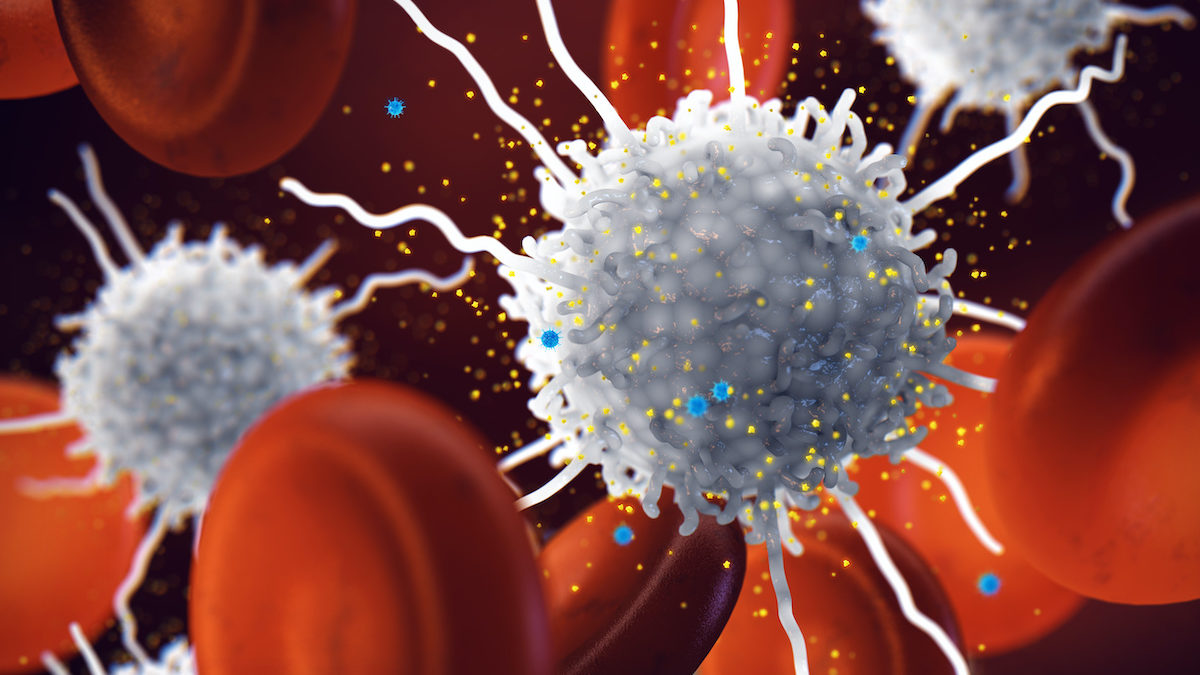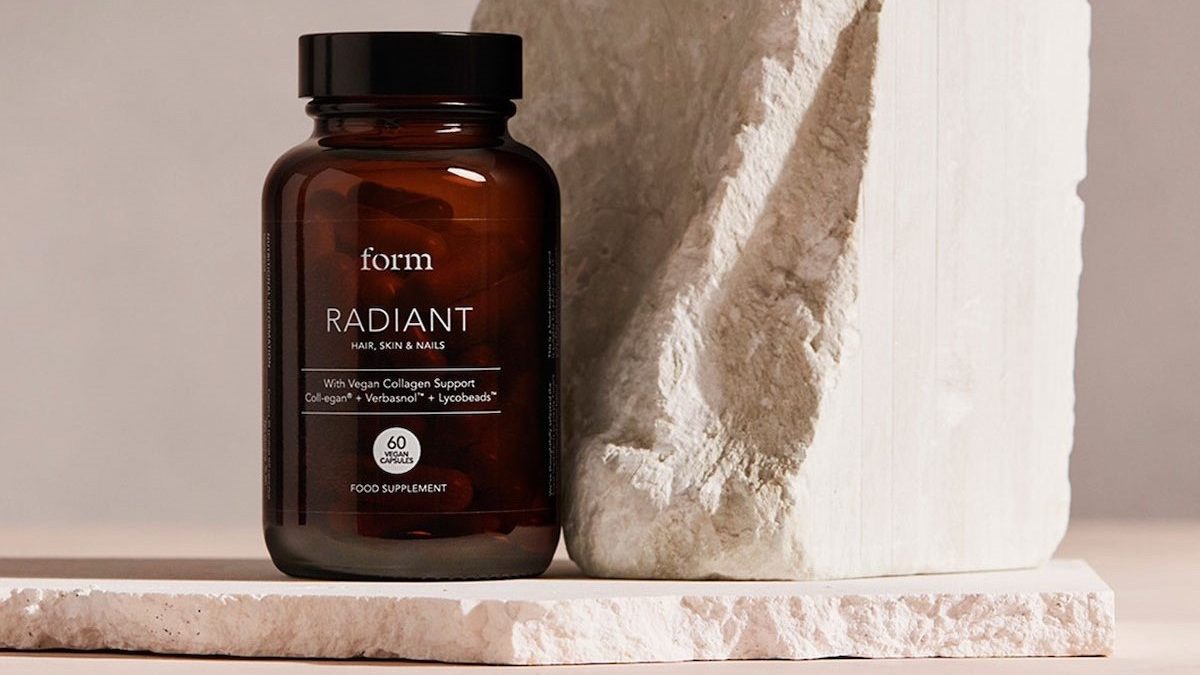Selenium: The Super Mineral Found in Soil That Boosts Your Skin and Immune System

When it comes to looking after your skin there are three minerals, in particular, to understand and make sure you’re getting into your diet on a regular basis: iron, copper, and selenium.
The first two are arguably the most well-known of the trio. Approximately 10 million people are iron deficient in the United States, often resulting in anaemia, a condition in which you lack enough healthy red blood cells to carry adequate oxygen to your body’s tissues making you feel weak and tired. Copper also plays an important role in energy production, but deficiency is rare. They both play a role in collagen production and synthesis, collagen playing a major role in strengthening skin, as well as in elasticity and hydration.
So, what about the lesser-known selenium then?
Selenium Benefits
Well, as a powerful antioxidant, selenium stops free radical damage before premature wrinkles have a chance to form, while also protecting cell membranes against UV damage, inflammation and pigmentation.
It’s also been heavily linked with psoriasis, a chronic, immune-mediated skin disease found to be prevalent among 3 percent of the world population. Low selenium levels are common among psoriatic patients, while small studies have suggested selenium supplementation has a positive effect on psoriasis symptoms.
Scientific reviews have put forward the idea that selenium can influence immune response by changing the expression of cytokines — small proteins that are crucial in controlling the growth and activity of other immune system cells and blood cells — while also inhibiting TNF-α, an important factor in inducing and maintaining psoriatic lesions.

A logical next benefit then is selenium’s effect on our immune health, with a study from the University of Hawaii showing selenium deficiency to harm immune cell function and possibly lead to slower immune responses.
Selenium has also been linked with improved mental and thyroid health. On the latter, a 2015 observational study on over 6,000 people published in The Journal of Clinical Endocrinology & Metabolism found that low serum levels of selenium were associated with an increased risk of autoimmune thyroiditis and hypothyroidism, while in regards to the former a number of studies have linked low blood levels of the mineral with Alzheimer’s disease.
The Need For Selenium Supplementation
Because of all these health benefits, selenium is a popular ingredient in many supplements and multivitamins, including our own Radiant, while it can be trickier to source through whole foods.
Plant foods obtain selenium from the soil so selenium levels can vary depending on where a crop is grown. Research has shown that selenium levels are dropping with climate change, as soil selenium levels in the UK are predicted to drop by more than 10 percent over the next 50 years, a trend seen across much of Europe and parts of South America, Asia and Africa. One solution to this is by artificially adding selenium to our soil.

Finland began adding selenium to their fertilisers 30 years ago, for example, when it found the levels of the micronutrient were low in crops. Subsequent analysis found that the selenium levels in thee blood of Finnish people had increased following the addition of the micronutrient to fertilisers.
The other solution is selenium supplements, the need for which has become even more pronounced, with research estimating that up to 1 billion people around the world were affected by insufficient selenium intake.
Radiant combines scientifically-backed nutrients for healthy hair, skin and nails with Coll-egan® for vegan collagen support. An innovative first, Radiant is more than just a beauty supplement, it’s all the nutrients you need to shine.


















